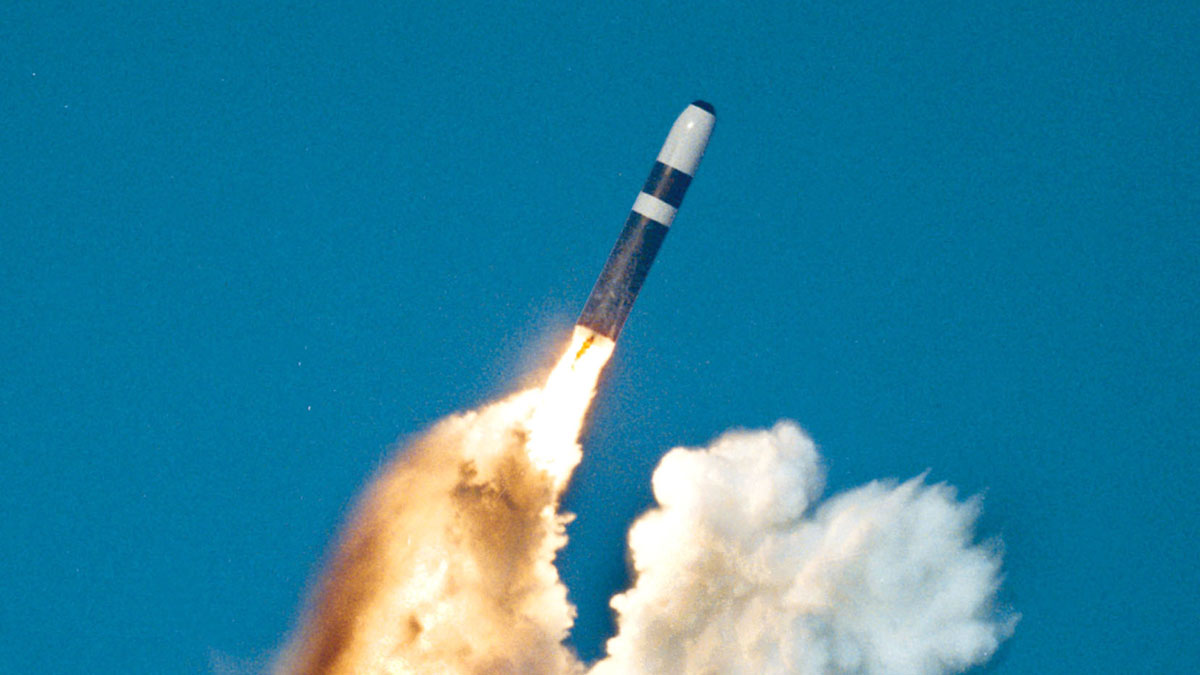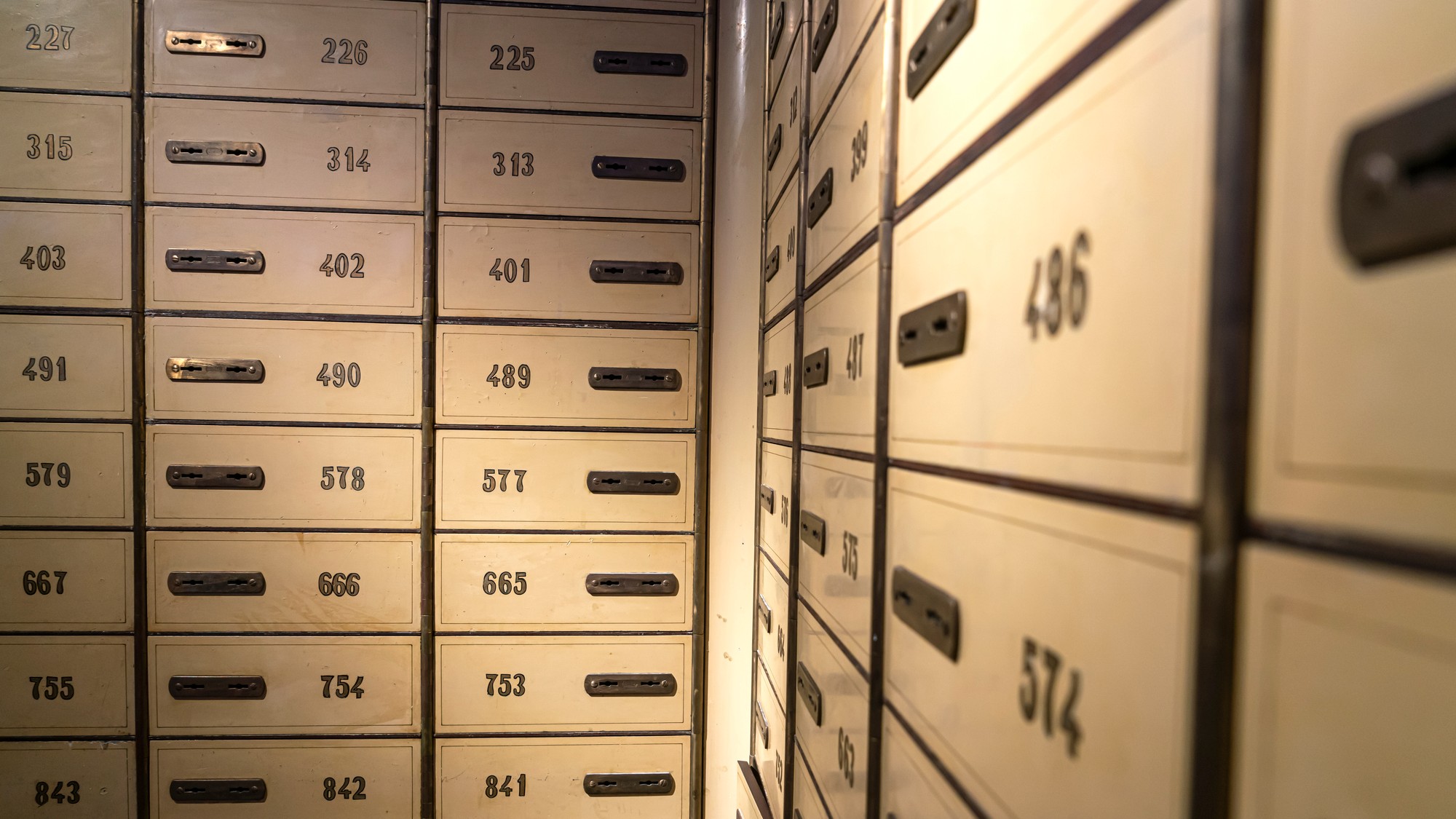Nuclear weapons 'could be used to deflect asteroids'
Russian scientists argue 1967 space ban may have to be lifted if the Earth is at risk from a major collision

A free daily email with the biggest news stories of the day – and the best features from TheWeek.com
You are now subscribed
Your newsletter sign-up was successful
Russian scientists have devised a plan to use nuclear weapons to blow up asteroids in the event the Earth faced an Armageddon-style impact.
For the past three years, EU-sponsored researchers have been formulating ideas to avert the kind of collision which could destroy life on the planet - and Russia's top space institute believes blowing them up could be the answer.
Under plans devised by the Central Scientific Research Institute of Machine Building, nuclear warheads would be launched into deep space to meet the asteroid before it neared Earth. The goal would not be to destroy the asteroid, but to knock it off course, the Daily Telegraph reports.
The Week
Escape your echo chamber. Get the facts behind the news, plus analysis from multiple perspectives.

Sign up for The Week's Free Newsletters
From our morning news briefing to a weekly Good News Newsletter, get the best of The Week delivered directly to your inbox.
From our morning news briefing to a weekly Good News Newsletter, get the best of The Week delivered directly to your inbox.
The research forms part of NEOShield, which has brought together scientists and engineers from the EU, US and Russia.
Other suggestions include a "kinetic impactor mitigation method" that would involve launching unmanned spacecraft into the surface of the asteroid to deflect it.
Protocol prohibiting the use of nuclear weapons in outer space was established back in 1967, under the Outer Space Treaty. However, the scientists suggest this could be disregarded if "the asteroid threat becomes a matter of massive destruction or even the very existence of life on the planet", according to a press release.
Hundreds of meteorites – smaller versions of asteroids - hit the Earth every year, most of them no larger than a stone. However, larger asteroids can cause huge amounts of destruction - the 65ft-wide asteroid which struck Chelyabinsk, in Russia, in 2013 damaged more than 7,000 buildings and injured 1,500 people.
A free daily email with the biggest news stories of the day – and the best features from TheWeek.com
To cause a "global disaster", an asteroid would have to have diameter of at least a quarter of a mile, according to Space.com. Such a collision is estimated to occur every 100,000 years. The extinction of dinosaurs is believed to have been caused by an asteroid more than six miles wide which collided with the Earth 66 million years ago, wiping out three-quarters of life on the planet.
-
 Political cartoons for February 11
Political cartoons for February 11Cartoons Wednesday's political cartoons include erasing Epstein, the national debt, and disease on demand
-
 The Week contest: Lubricant larceny
The Week contest: Lubricant larcenyPuzzles and Quizzes
-
 Can the UK take any more rain?
Can the UK take any more rain?Today’s Big Question An Atlantic jet stream is ‘stuck’ over British skies, leading to ‘biblical’ downpours and more than 40 consecutive days of rain in some areas
-
 Nasa’s new dark matter map
Nasa’s new dark matter mapUnder the Radar High-resolution images may help scientists understand the ‘gravitational scaffolding into which everything else falls and is built into galaxies’
-
 Moon dust has earthly elements thanks to a magnetic bridge
Moon dust has earthly elements thanks to a magnetic bridgeUnder the radar The substances could help supply a lunar base
-
 How Mars influences Earth’s climate
How Mars influences Earth’s climateThe explainer A pull in the right direction
-
 The ‘eclipse of the century’ is coming in 2027
The ‘eclipse of the century’ is coming in 2027Under the radar It will last for over 6 minutes
-
 NASA discovered ‘resilient’ microbes in its cleanrooms
NASA discovered ‘resilient’ microbes in its cleanroomsUnder the radar The bacteria could contaminate space
-
 Artemis II: back to the Moon
Artemis II: back to the MoonThe Explainer Four astronauts will soon be blasting off into deep space – the first to do so in half a century
-
 The mysterious origin of a lemon-shaped exoplanet
The mysterious origin of a lemon-shaped exoplanetUnder the radar It may be made from a former star
-
 The 5 biggest astronomy stories of 2025
The 5 biggest astronomy stories of 2025In the spotlight From moons, to comets, to pop stars in orbit